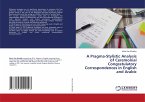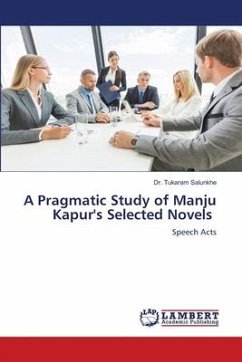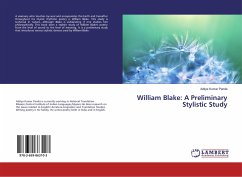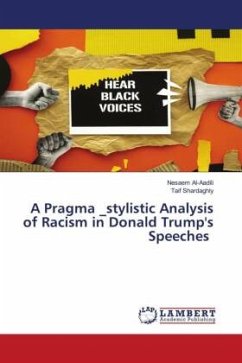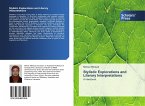This study focuses on the deceptive strategies utilized in two well-known novels: Christie's (1926/2009) detective fiction The Murder of Roger Ackroyd and Flynn's (2012) psychological thriller Gone Girl. The study of the stylistic idiosyncrasies of Flynn's Amy, the psychopathic antagonist, and Christie's Dr. Sheppard, the nonpsychopathic antagonist, is carried out through a pragma-stylistic eclectic model to explicate their deceptive strategies for the fulfillment of their egoistic ends. The qualitative analysis shows that Amy and Dr. Sheppard are expert metapragmaticians; while Amy is a serial liar who employs a plethora of direct deceptive strategies, Dr. Sheppard is a deceiver who principally relies on indirect strategies to inculcate false beliefs in the narratee, as he is cognizant of the power of what is insinuated but left unsaid. The deceptive strategies that are exploited on the two levels of fictional discourse and the two-stage novel structure are neither quantitively nor qualitatively mirror-symmetrical. It is also found that the fashion via which Amy and Dr. Sheppard deceive exhibits linguistic gender differences.
Bitte wählen Sie Ihr Anliegen aus.
Rechnungen
Retourenschein anfordern
Bestellstatus
Storno


